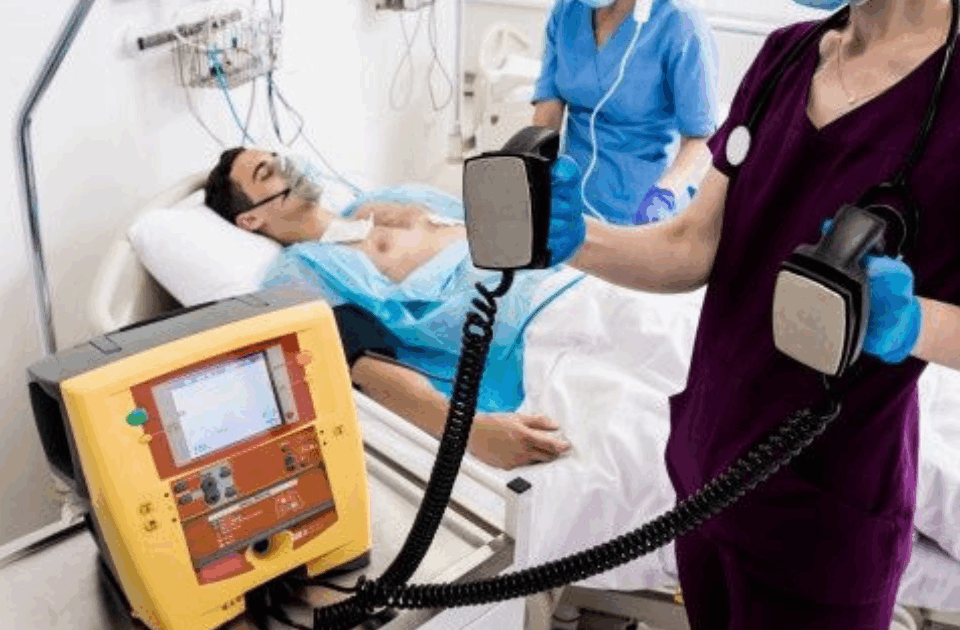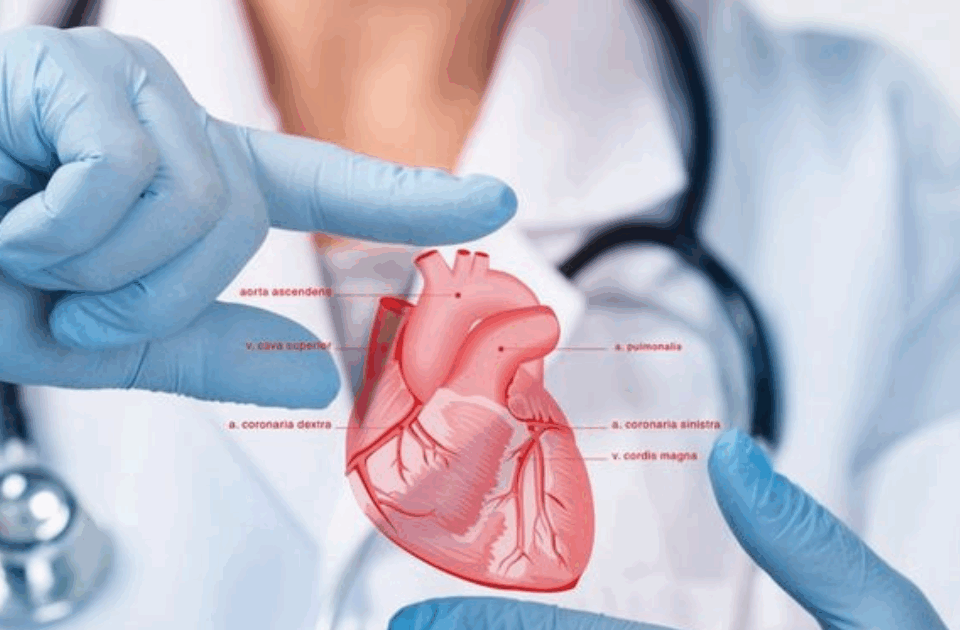
How to Prepare for a Heart Procedure at Novocare Hospital
September 12, 2025
The Role of a Healthy Lifestyle in Preventing Heart Disease: Novocare’s Cardiology Guide
September 12, 2025- AI cardiac tools
- angioplasty
- arrhythmia
- blood pressure management
- CABG
- cardiac care
- cardiac emergency
- cardiac monitoring
- cardiac procedure preparation
- cardiac rehabilitation
- cardiac risk factors
- cardiology expert
- cardiovascular health
- cardiovascular monitoring
- chest pain
- cholesterol control
- coronary artery disease
- coronary blockage
- critical care ICU
- diabetes and heart disease
- emergency cardiac care
- emergency heart treatment
- heart attack
- heart attack symptoms
- heart check-up
- heart health tips
- heart patient support
- heart procedure
- heart recovery
- lifestyle changes for heart
- minimally invasive heart surgery
- myocardial infarction
- nausea
- Novocare cardiology
- Novocare critical care
- Novocare Hospital Sargodha
- NSTEMI
- patient heart care
- post-heart attack care
- robotic-assisted surgery
- shortness of breath
- silent heart attack
- STEMI
- stent placement
- telecardiology
- thrombolytic therapy
- wearable heart monitor
Introduction
Heart attacks, also known as myocardial infarctions, remain one of the leading causes of death globally. Rapid diagnosis, immediate treatment, and comprehensive post-care are critical to improving survival rates and long-term outcomes. Novocare Hospital’s cardiology department specializes in critical care services that combine state-of-the-art technology, expert cardiologists, and patient-centered strategies to ensure every patient receives optimal care.
This article provides a comprehensive guide on heart attacks, including causes, symptoms, treatments, critical care services at Novocare, and innovative technologies used to improve patient outcomes.
1. Understanding Heart Attacks
A heart attack occurs when blood flow to a part of the heart muscle is blocked, usually due to a clot in the coronary artery. Without immediate treatment, the affected heart tissue can be permanently damaged.
| Heart Attack Type | Cause | Typical Symptoms |
|---|---|---|
| STEMI (ST-Elevation MI) | Complete artery blockage | Severe chest pain, shortness of breath, sweating |
| NSTEMI (Non-ST Elevation) | Partial artery blockage | Chest discomfort, nausea, fatigue |
| Silent Heart Attack | Minimal or unnoticed symptoms | Mild fatigue, shortness of breath, anxiety |
Key Risk Factors:
- High blood pressure
- High cholesterol
- Diabetes
- Smoking
- Sedentary lifestyle
- Family history of heart disease
2. Symptoms and Early Warning Signs
Recognizing the early signs of a heart attack is crucial for rapid intervention:
| Symptom | Description |
|---|---|
| Chest Pain / Pressure | Persistent pressure or squeezing sensation |
| Shortness of Breath | Difficulty breathing even at rest |
| Cold Sweat | Excessive sweating without physical exertion |
| Nausea / Vomiting | Stomach discomfort and vomiting |
| Pain in Arm, Neck, Jaw | Radiating pain often in left arm |
| Fatigue / Lightheadedness | Feeling unusually weak or dizzy |
Early recognition and immediate treatment can save lives.
3. Novocare’s Critical Care Approach
Novocare Hospital’s cardiology team focuses on rapid intervention and continuous monitoring for heart attack patients.
| Service | Description | Patient Benefit |
|---|---|---|
| 24/7 Cardiac ICU | Intensive monitoring and support | Immediate response to critical events |
| Emergency Angioplasty | Catheter-based artery opening | Restores blood flow quickly |
| Thrombolytic Therapy | Clot-dissolving medication | Reduces heart tissue damage |
| Cardiac Rehabilitation | Post-procedure recovery program | Improves long-term cardiac function |
| Telemonitoring | Remote heart monitoring | Early detection of complications |
4. Diagnostic Technologies at Novocare
Advanced diagnostics ensure precise treatment:
| Technology | Purpose | Patient Advantage |
|---|---|---|
| ECG / EKG | Electrical heart activity | Quick detection of heart attack |
| Echocardiography | Visualizes heart structure | Detects damage and dysfunction |
| Coronary Angiography | X-ray imaging of arteries | Identifies blockages accurately |
| Blood Biomarkers | Measures cardiac enzymes | Confirms heart attack and severity |
| Holter Monitoring | 24-hour heart rhythm tracking | Detects arrhythmias |
5. Treatment and Procedures
Emergency Treatments
- Angioplasty & Stent Placement: Opens blocked arteries, restores blood flow
- Medications: Antiplatelets, beta-blockers, statins to prevent recurrence
- Coronary Artery Bypass Surgery (CABG): For multiple or severe blockages
Post-Acute Care
- Cardiac Rehabilitation: Structured exercise, diet, and lifestyle program
- Telecardiology: Continuous monitoring via wearables and apps
- Medication Management: Personalized schedules for optimal efficacy
6. Patient-Centered Innovations
Novocare Hospital integrates technology and personalized care:
| Innovation | Function | Patient Benefit |
|---|---|---|
| Robotic-Assisted Surgery | Precision heart procedures | Reduced recovery time, less invasive |
| AI Diagnostic Tools | Predicts risk and recommends treatment | Early intervention, fewer complications |
| Wearable Heart Monitors | Continuous heart rhythm monitoring | Alerts for arrhythmias or abnormal readings |
| Mobile Health Apps | Medication reminders and virtual check-ups | Improved patient adherence |
7. Lifestyle & Preventive Measures
Even after treatment, lifestyle changes are critical for preventing recurrence:
- Balanced heart-healthy diet (low sodium, low cholesterol)
- Regular aerobic and strength exercise
- Stress management and mental wellness
- Smoking cessation
- Routine heart check-ups
| Lifestyle Element | Recommendation | Impact on Heart Health |
|---|---|---|
| Diet | Mediterranean diet or DASH diet | Reduces cholesterol and blood pressure |
| Exercise | 30 mins/day moderate activity | Improves cardiovascular function |
| Stress Management | Yoga, meditation, counseling | Lowers risk of arrhythmias and hypertension |
| Regular Check-ups | Every 6-12 months | Early detection of heart problems |
8. 15+ FAQs About Heart Attacks & Critical Care
1. What causes a heart attack?
A blockage in coronary arteries usually due to plaque or a blood clot.
2. What are the early signs of a heart attack?
Chest pain, shortness of breath, nausea, and fatigue.
3. How quickly should I seek help?
Immediately; every minute counts for heart muscle survival.
4. What treatments are available at Novocare?
Angioplasty, stenting, thrombolytics, CABG, and medications.
5. Can elderly patients undergo these procedures?
Yes, with minimally invasive techniques and critical care support.
6. What is cardiac rehabilitation?
A program including exercise, diet, and lifestyle guidance post-heart attack.
7. How long is recovery after a heart attack?
Typically weeks to months, depending on procedure and health status.
8. Does Novocare offer telecardiology?
Yes, for remote monitoring and virtual consultations.
9. How are heart attack risks reduced long-term?
Through lifestyle changes, medications, and regular check-ups.
10. Can heart attacks be prevented?
Yes, with healthy diet, exercise, stress management, and monitoring risk factors.
11. Are robotic-assisted surgeries safe?
Yes, they allow precision, smaller incisions, and faster recovery.
12. What role do AI tools play in care?
They predict risk, guide treatment, and detect complications early.
13. How often should heart health be monitored post-attack?
At least every 6-12 months, or more frequently if advised.
14. Are wearable heart monitors reliable?
Yes, they provide continuous monitoring and early alerts.
15. What is the Novocare ICU approach?
24/7 monitoring, rapid intervention, and multidisciplinary care.
16. How important is lifestyle after recovery?
Crucial for preventing recurrence and maintaining heart health.
Expert Conclusion
Novocare Hospital’s critical care approach combines advanced technology, minimally invasive procedures, and patient-centered strategies. According to Novocare cardiologists, the future of heart attack management is not just about treatment—it’s about prevention, rapid intervention, and continuous patient support. By integrating cutting-edge diagnostics, robotic-assisted surgery, AI predictive tools, and telemedicine, Novocare ensures that patients receive the safest, fastest, and most effective care, significantly improving survival rates and long-term cardiovascular health.




